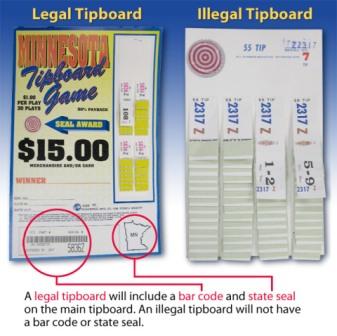Mn Gambling Permits
Building Permits
AGED Public Data Access. From 1945 through 1981, limited gambling for charitable purposes was permitted in Minnesota; no other type of gambling was lawful. In 1982, the Minnesota Legislature proposed a constitutional amendment to allow pari-mutuel betting in the state. Voters approved the amendment in 1983 and pari-mutuel horse racing was legalized.
Mn Gambling Permits 2020
If you are building, remodeling, or adding a structure to your property, it requires a building permit. Find fact sheets on all our building permits on our Building Division page.
Exterior Maintenance and Mechanical / Fireplace / Wood Stove permits are paid and issued at the time of application. All other building permits require payment of an initial application fee and a second invoice based on project type and size. Building permits are issued after staff reviews are complete – a process that typically takes 10-15 working days – and the second invoice is paid. Demolition permits are free.
Zoning Permits


Mn Gambling Commission
Fact sheets on each of our zoning permits, including variances, conditional use permits, plat permits, and zoning permits can be found on our Planning & Zoning page. All zoning permit fees must be paid at the time of application.
Variance requests are heard by the Board of Adjustment. All other zoning permits are reviewed by the Planning Commission and voted on by the Board of Commissioners. Application deadlines and meeting dates for those meetings can be found here.
Online permitting is now available for certain residential permits. In addition, online payment is also available for all permits.
The city helps ensure the construction of safe building and protects community character through zoning and building code regulations. The Building Inspection Division administers these regulations through permits and inspections.
Permits
Building and related permits ensure that projects will be constructed according to nationally recognized standards. The standards are designed to protect buildings from collapse and fire, and to ensure the safety of all building occupants. Review of permit applications also ensures that projects meet zoning requirements, such as yard coverage, setbacks and building height.
Some permits, such as residential electrical, plumbing, mechanical, building re-siding, re-roofing and window replacements can be issued at the time of application. Other residential permit applications take up to five working days to process. Applications for permits should be submitted well in advance of the scheduled starting date. This will allow time for city staff to offer assistance through the process and issue permit at the start of the project. This is especially true during the summer construction season.
Mn Gambling Permits Available
Call before you dig: Gopher State One Call (www.gopherstateonecall.org)


Types of Permits
- Building – Residential
Mn Gambling Permits Non

- Fire Protection
Information required for permits can vary by project. Handouts and checklists describing the required information are available at City Hall.
Mn Gambling Permits Online
Building Permits for New Construction & Additions
A plot plan based on a current survey of the property and detailed project construction plans, which are drawn to scale, are required for permits for new construction and additions. In many cases, homeowners may prepare their own plans. However, the building and inspection staff may decide that it is necessary to require an architect or engineer to prepare plans to ensure accuracy and legibility. It is important to allow sufficient time for plan preparation.
When filing an application, include two identical sets of plans. Building and inspection staff will confirm that the materials are prepared correctly. They will also let you know if more information is needed.
Inspections
Various inspections are required for all permits. An inspection record card will be issued to identify the required inspections for each project. Inspection record cards must remain available on the site until final inspection approval. These cards contain important information about the job and are used to record the inspections performed.
City inspectors will inspect a project several times during the course of construction for things such as footings, framing, insulation, rough-in and final electrical, plumbing, mechanical work and final inspection.



